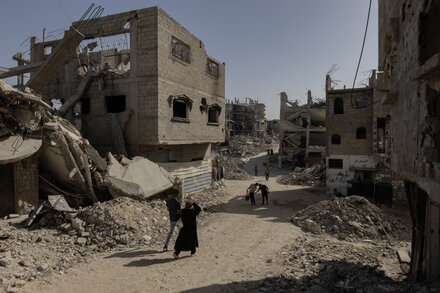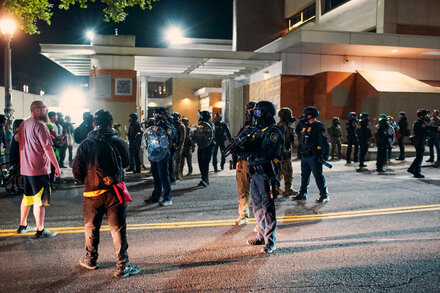A family displaced from their home in Gaza City is confronting immense challenges in constructing even the most basic shelter, joining hundreds of thousands grappling with the humanitarian crisis in the Gaza Strip.
The Ahmed family, like many others, was forced to evacuate their residence in Gaza City amid escalating hostilities and military operations. Their journey led them to a different, often overcrowded, area within the strip, where they now face the daunting task of rebuilding their lives from scratch, starting with a roof over their heads.
The struggle to secure adequate shelter highlights the pervasive scarcity of resources across Gaza. With traditional building materials largely unavailable due to blockades and the ongoing conflict, families like the Ahmeds are resorting to desperate measures. They are forced to scavenge for any available scraps – pieces of wood, plastic sheeting, torn tarpaulins, and corrugated metal – to piece together a rudimentary dwelling.
“Every day is a fight for survival, for dignity,” expressed one family member, reflecting on their predicament. “We lost everything we had, and now we are struggling to even build a wall to protect our children from the elements. The cold nights and the fear are constant companions.”
These makeshift shelters offer minimal protection from the elements, leaving residents vulnerable to harsh weather conditions, including rain, cold, and strong winds. Sanitation and access to clean water are severely limited in these temporary encampments, exacerbating health risks.
The plight of the Ahmed family is emblematic of a broader crisis. The United Nations reports that a significant portion of Gaza’s population has been displaced multiple times, with many living in tents or other inadequate shelters. International aid organizations continue to call for unhindered access for humanitarian assistance, including materials vital for constructing durable and safe accommodations.
As the conflict persists, the long-term implications for displaced families like the Ahmeds remain a grave concern, with their immediate future marked by uncertainty and the ongoing struggle for basic necessities.
Source: Read the original article here.





